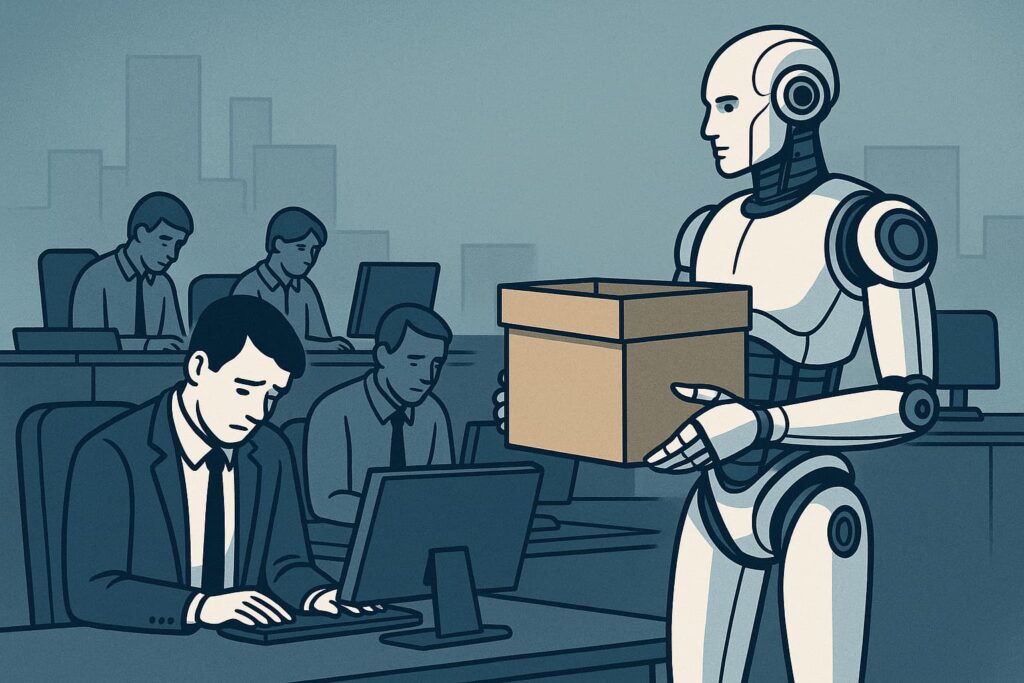AI cuts early-career jobs while older workers hold ground
Older employees retain jobs due to skills not replicated by AI.

A Stanford study finds that entry-level workers in AI-exposed fields are losing jobs faster than older colleagues. Employment opportunities for young professionals in software engineering and customer service have decreased by around 20% since 2022.
Researchers reported that overall employment for 22- to 25-year-olds in AI-heavy sectors declined by 6%, while jobs for older workers in those same areas increased by between 6% and 9% during the same period.
Older employees appear more resilient, as they bring communication skills and tacit workplace knowledge that cannot be easily replicated by large language models. By contrast, younger workers are more vulnerable where AI overlaps with university-level training.
The analysis also flagged accounting, administration, programming, and sales as sectors where entry-level roles are declining. In other professions, such as nursing, AI is more likely to augment staff by automating repetitive tasks.
Experts note that AI is not just replacing jobs but creating new ones. Workers who learn to use AI effectively are better placed to thrive, while demand for AI talent is driving up starting salaries.
Would you like to learn more about AI, tech, and digital diplomacy? If so, ask our Diplo chatbot!
